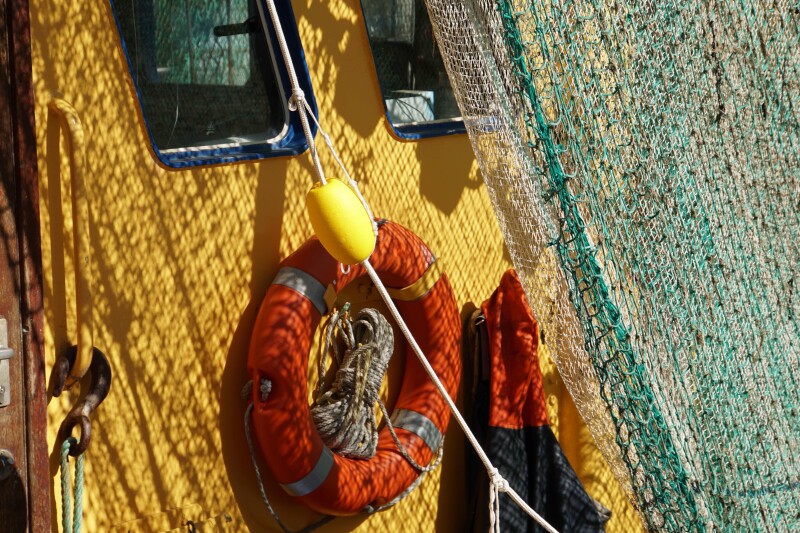A bill introduced in early May is gaining much traction among coastal regions such as the Gulf of Mexico and Alaska. The Fishery Improvement to Streamline Untimely Regulatory Hurdle Post Emergency Situation Act, known as the FISHES Act (S.4262), would require the Office of Management and Budget (OMB) and NOAA to approve and allocate a state’s disaster spending plan for fishery disasters within 30 days.
The Tampa Bay Times shared an article stating that the FISHES Act is a beacon of hope, speeding up disaster relief for American fisheries. By streamlining the process and getting Washington to work faster for the state of Florida, the FISHES Act has the potential to be a game-changer. OMB and NOAA’s decision to either deny or approve the state’s spending plan within 30 days with this bill could be the lifeline that American fisheries and coastal communities affected by disaster need to stay afloat.
United States Senator Rick Scott introduced the bill with 29 bipartisan co-sponsors from across the country. The co-sponsors in the Senate are Marco Rubio, Dan Sullivan, and Lisa Murkowski. Representatives Mary Sattler Peltola and Byron Donalds introduced the legislation in the House of Representatives last year. According to the Tampa Bay Times, the bill has gained support from more than 60 diverse organizations and key industry players both in and out of the fishing industry, demonstrating a united front in the push for improved disaster relief for fisheries in the U.S.
“When we can create efficiencies in the federal government, everyone benefits because no industry stands alone- and that’s especially true for American fisheries,” the article stated.
On May 2, Senator Murkowski stated, “Alaska’s fisheries have faced challenges at every turn in recent years- and we will likely see more in the future. From the Yukon River to Prince William Sound to the Bering Sea, nearly every fishery has relied on disaster relief funding to help them through these difficult times. Unfortunately, these fishermen often wait years to see that relief. This commonsense approach applies time limits on agency review so that Alaskans get the help they need, when they need it.”
In 2022, commercial fisheries and the seafood industry generated $183.4 billion in sales, $42.2 billion in income, and $74 billion in value-added impacts throughout the country. Fisheries supported 1.6 million jobs in 2022, according to the Tampa Bay Times.
The state of Florida has seen multiple devastations of hurricanes completely destroying coastal communities, and the state has seen fisheries struggling, waiting for federal action. Since 2012, Florida has requested federal fishery disaster relief on six separate occasions, and each time, it has taken more than two years between the declaration of the federal fishery disaster and when OMB approved Florida’s plan.
“When disaster strikes, families and small businesses can’t be left wondering whether the federal government is going to show up. Floridians know that better than anyone,” shared Senator Scott. “The federal government must step up and get folks the help they need as fast as possible as they work to get back on their feet. As we head into hurricane season, now is the time to prepare and I ask Congress to pass this legislation as soon as possible to ensure our fishing industry in Florida and across the country have a reliable partner in Washington.”







